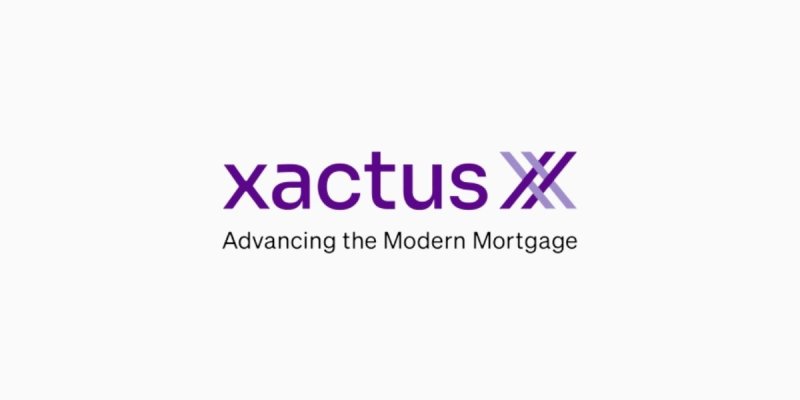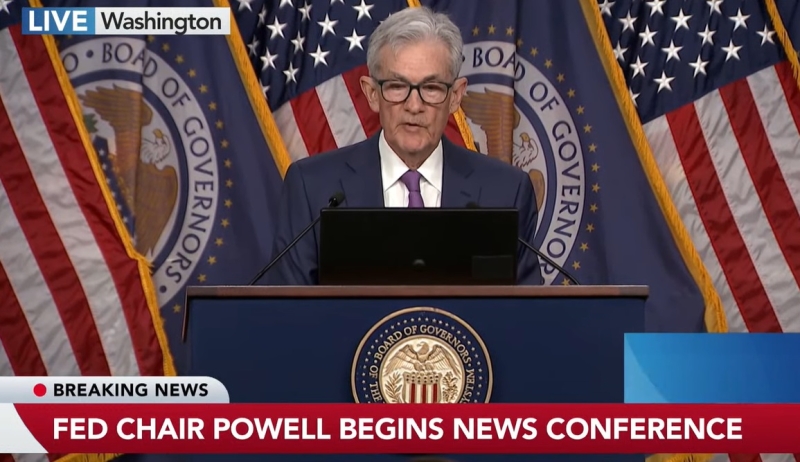
Fannie Mae: Consumer Confidence In Housing Market May Have Plateaued

Home Purchase Sentiment Index stuck at relatively low level in June as supply and affordability issues linger.
- Home Purchase Sentiment Index rose just 0.4 points to 66 in June.
- The net share of those who say it is a good time to buy increased 5 percentage points month over month.
- The net share of those who say it is a good time to sell decreased 3 percentage points month over month.
Fannie Mae said Friday that its Home Purchase Sentiment Index (HPSI) barely budged in June, increasing just 0.4 points to 66, as low housing supply and poor affordability conditions continue to hinder the housing market.
While most of the index’s six components were little changed month over month, survey respondents did report that homebuying conditions improved slightly in June compared to May. Nonetheless, a significant majority of consumers continue to report that it's a "bad time to buy" a home, as they have since mid-2021. The full index is up 1.2 points year over year.
"Confidence in the housing market appears to have plateaued at a relatively low level, suggesting that many consumers may be coming to terms with elevated mortgage rates and high home prices," said Doug Duncan, Fannie Mae’s senior vice president and chief economist. "Home prices continue to be supported by the tight supply of homes available for sale, and, compared to the end of last year, fewer respondents today believe home prices will decrease over the next 12 months.”
In addition, he said, “consumers' mortgage rate expectations have tempered: A larger share of respondents think mortgage rates will stay the same over the next year, whereas mid-to-late last year, most thought rates would continue going up. This seems to signal that consumers are adapting to the idea that higher mortgage rates will likely stick around for the foreseeable future.”
Duncan said Fannie Mae continues to forecast that home sales will slow in the second half of the year, due to ongoing affordability constraints and the lack of housing supply.
Key Highlights
- Good/Bad Time to Buy: The percentage of respondents who say it is a good time to buy a home increased from 19% to 22%, while the percentage who say it is a bad time to buy decreased from 80% to 78%. The net share of those who say it is a good time to buy increased 5 percentage points month over month.
- Good/Bad Time to Sell: The percentage of respondents who say it is a good time to sell a home slipped from 65% to 64%, while the percentage who say it's a bad time to sell increased from 34% to 36%. The net share of those who say it is a good time to sell decreased 3 percentage points month over month.
- Home Price Expectations: The percentage of respondents who say home prices will go up in the next 12 months decreased from 39% to 36%, while the percentage who say home prices will go down decreased from 28% to 26%. The share who think home prices will stay the same increased from 33% to 37%. The net share of those who say home prices will go up in the next 12 months remained unchanged month over month.
- Mortgage Rate Expectations: The percentage of respondents who say mortgage rates will go down in the next 12 months decreased from 19% to 16%, while the percentage who expect mortgage rates to go up decreased from 50% to 47%. The share who think mortgage rates will stay the same increased from 31% to 36%. The net share of those who say mortgage rates will go down over the next 12 months decreased 1 percentage point month over month.
- Job Loss Concern: The percentage of respondents who say they are not concerned about losing their job in the next 12 months remained unchanged at 77%, while the percentage who say they are concerned remained unchanged at 22%. The net share of those who say they are not concerned about losing their job decreased 1 percentage point month over month.
- Household Income: The percentage of respondents who say their household income is significantly higher than it was 12 months ago decreased from 20% to 19%, while the percentage who say their household income is significantly lower decreased from 12% to 10%. The percentage who say their household income is about the same increased from 67% to 71%. The net share of those who say their household income is significantly higher than it was 12 months ago increased 1 percentage point month over month.
The HPSI distills information about consumers' home purchase sentiment from Fannie Mae's National Housing Survey (NHS) into a single number. The HPSI is constructed from answers to six NHS questions that solicit consumers' evaluations of housing market conditions and address topics that are related to their home purchase decisions.




